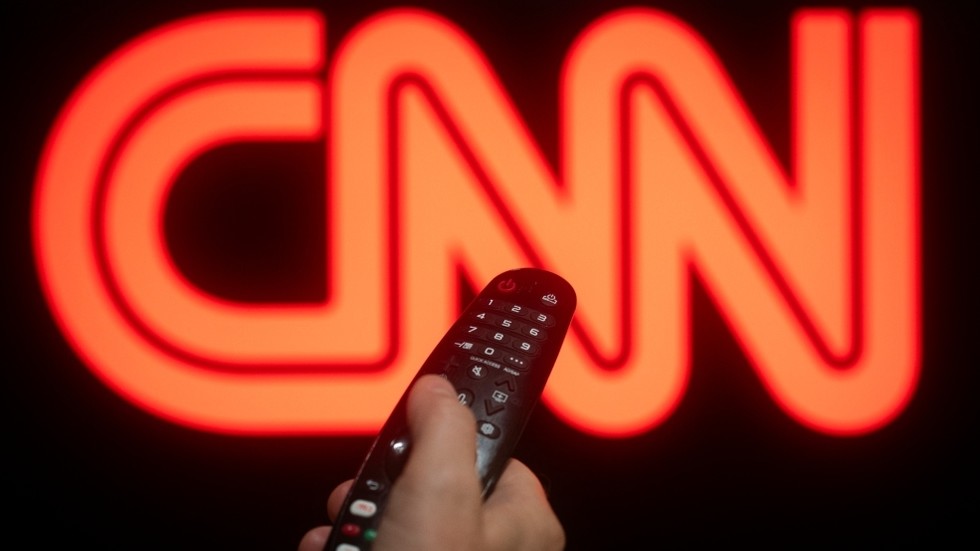In a recent incident on CNN, journalist Mehdi Hasan accused conservative commentator Ryan Girdusky of inciting violence against him during a debate. The altercation took place on ‘News Night with Abby Phillip’ when Hasan expressed frustration over being labeled anti-Semitic due to his support for Palestinians. Girdusky, interjecting sharply, made a reference to exploding pagers linked to attacks on Hezbollah members in the Middle East, ostensibly suggesting a threat. Hasan reacted strongly, interpreting Girdusky’s comments as an indirect call for violence. In the aftermath, Girdusky issued an apology, insisting he had misunderstood Hasan’s position, believing him to be aligned with Hamas. CNN responded swiftly by banning Girdusky from the network and affirming its commitment to anti-racism and respect in its broadcasts.
Following the debate, CNN emphasized that there is “zero room for racism or bigotry” within its platform, reiterating its principles to maintain a respectful discourse. The network’s statement underscored the importance of creating a safe environment for all its guests. Abby Phillip, the host of the show, also apologized to viewers for the inappropriate remark made during the segment. The situation attracted further scrutiny, especially from Palestinian American Congresswoman Rashida Tlaib, who directed her criticism toward CNN for what she described as its role in normalizing anti-Arab and anti-Muslim rhetoric in the media. Tlaib’s comments pointed to a broader concern about how media organizations handle discussions regarding Middle Eastern politics and representation, particularly concerning Palestinians.
In light of public reactions, Girdusky took to social media to defend his remarks, framing them as a misunderstood joke. He accused Hasan of being unable to criticize Republicans while still appearing on CNN, referencing Hasan’s previous work with Al Jazeera and intertwining it with questions of journalistic integrity. Girdusky’s remarks highlight a contentious media landscape where accusations of bias abound. Emotional rhetoric and personal attacks have become more common, especially amid the intense political climate leading up to the 2024 U.S. presidential election. Public sentiment towards the media remains skeptical, as indicated by a Gallup poll revealing that almost 70% of Americans trust the media little or not at all.
The incident reflects the escalating tensions in political discourse, exacerbated by the polarized realities of contemporary media consumption. Girdusky’s comments and the ensuing uproar underscore the challenges facing journalists and commentators as well as the potential consequences of provocative language. In the climate of heightened sensitivity, particularly regarding race and religion, individuals are increasingly held accountable for comments that can be interpreted as incendiary or controversial. Media organizations are under pressure to navigate these dynamics carefully to maintain credibility and the trust of their audiences.
As the debate around the incident continues, it serves as a reminder of the impact that language and framing have in the public sphere. It raises critical questions about the responsibility of commentators to consider the implications of their words, especially in discussions surrounding charged topics like politics, race, and identity. Hasan’s claim of incitement reflects a wider concern within media circles about how casually dangerous rhetoric can be introduced into discussions about political and social issues. Such incidents have the potential to undermine not just individual careers but also the broader dialogue about freedom of speech and accountability in political discourse.
Ultimately, the exchange between Hasan and Girdusky serves as a microcosm of today’s fraught media landscape, characterized by division, mistrust, and ongoing debates about the boundaries of acceptable dialogue. As the U.S. approaches another presidential election, the challenge for media organizations will be finding ways to facilitate respectful and constructive conversations without sacrificing the robust exchange of ideas that is essential in any democracy. The incident reinforces the need for careful consideration of how narratives are crafted in the media, ensuring that discussions surrounding sensitive issues are handled with the seriousness they deserve. This ongoing dialogue within the media community will be crucial as the U.S. navigates its increasingly complex political environment.

